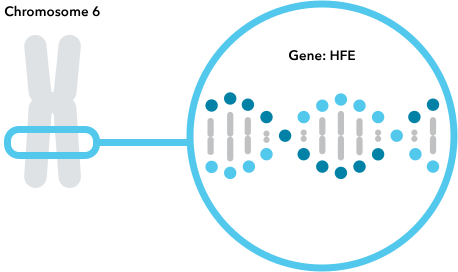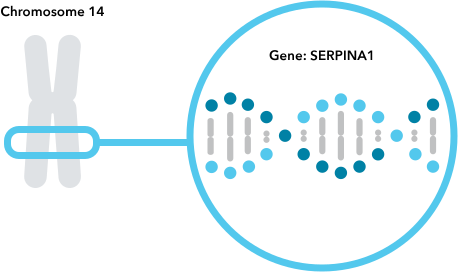Mindblown: a blog about philosophy.
-

Is Age-Related Macular Degeneration Genetic?
What is age-related macular degeneration? Age-related macular degeneration (AMD) is the most common cause of irreversible vision loss among older adults. The disease results in damage to the central part of the retina, impairing vision needed for reading, driving, or even recognizing faces. Vision loss related to AMD usually becomes noticeable in a person’s 60s…
-

Deep Sleep & Genetics
How it works Deep sleep is the phase of sleep when it’s hardest to wake up. It occurs right before the REM stage of sleep and may play a role in transferring the day’s events into longer-term memories. In deep sleep, your brain cells produce slow moving waves of electrical activity called delta waves. The…
-

Is Hereditary Thrombophilia Genetic?
Explore Hereditary Thrombophilia and what your DNA can tell you Genetics of Hereditary Thrombophilia Hereditary thrombophilia is genetic. The two most common genetic variants (differences) linked to hereditary thrombophilia are found in two genes, called F5 and F2. These genes are important in the normal clotting process. But the F5 variant (sometimes called factor V…
-

Is Hereditary Hemochromatosis Genetic?
Explore Hereditary Hemochromatosis and what your DNA can tell you Is hereditary hemochromatosis genetic? Yes. Hereditary hemochromatosis is a genetic condition. Most cases of hereditary hemochromatosis are due to variants in the HFE gene, although variants in other genes have also been found. Hereditary hemochromatosis affects many people Hereditary hemochromatosis is one of the most…
-

Is Hereditary Amyloidosis Genetic?
Explore Hereditary Amyloidosis and what your DNA can tell you Is TTR-Related Hereditary Amyloidosis Genetic? Yes,TTR-related hereditary amyloidosis is genetic. It is caused by genetic variants (differences) in the TTR gene. However, TTR-related hereditary amyloidosis is not the only cause of amyloidosis. There are other forms of hereditary amyloidosis that are caused by genetic variants…
-

Is Familial Hypercholesterolemia Genetic?
Explore FH and what your DNA can tell you What is Familial Hypercholesterolemia and how common is it? Familial hypercholesterolemia (FH) is a genetic condition associated with very high levels of cholesterol in the blood, specifically low-density lipoprotein (LDL), or “bad” cholesterol. High cholesterol due to FH increases the risk for early cardiovascular disease, which…
-

Bunions
What is a bunion? A bunion is a bony bump on the joint at the base of the big toe. For some people bunions aren’t bothersome, but for others bunions may cause pain on the surface of the bunion or within connected parts of the foot. What causes bunions? Bunions are often formed when the…
-

Bitter Taste
Why are some people more prone to sensing bitter tastes? Taste buds are covered with tiny molecular sensors, called “taste receptors,” that specialize in detecting the five basic tastes: sweet, salty, sour, bitter, and umami (a savory, meat-like taste). The types of taste receptors you have determine what tastes you can, or cannot, detect in…
-

Is Celiac Disease Genetic?
Explore Celiac Disease and what your DNA can tell you Is celiac disease genetic? Genetics play a role in celiac disease. Variants (differences) in two genes can influence the risk of developing celiac disease. These genes are called HLA-DQA1 and HLA-DQB1, and they help the immune system respond to invaders such as viruses and bacteria.…
-

Is Alpha-1 Antitrypsin Deficiency Genetic?
Explore AAT Deficiency and what your DNA can tell you Is AAT deficiency genetic? Yes. AAT deficiency is caused by genetic variants (differences) in the SERPINA1 gene. The SERPINA1 gene contains instructions for making a protein called alpha-1 antitrypsin (AAT). This protein is made in the liver and is transported to the lungs where it…
Got any book recommendations?